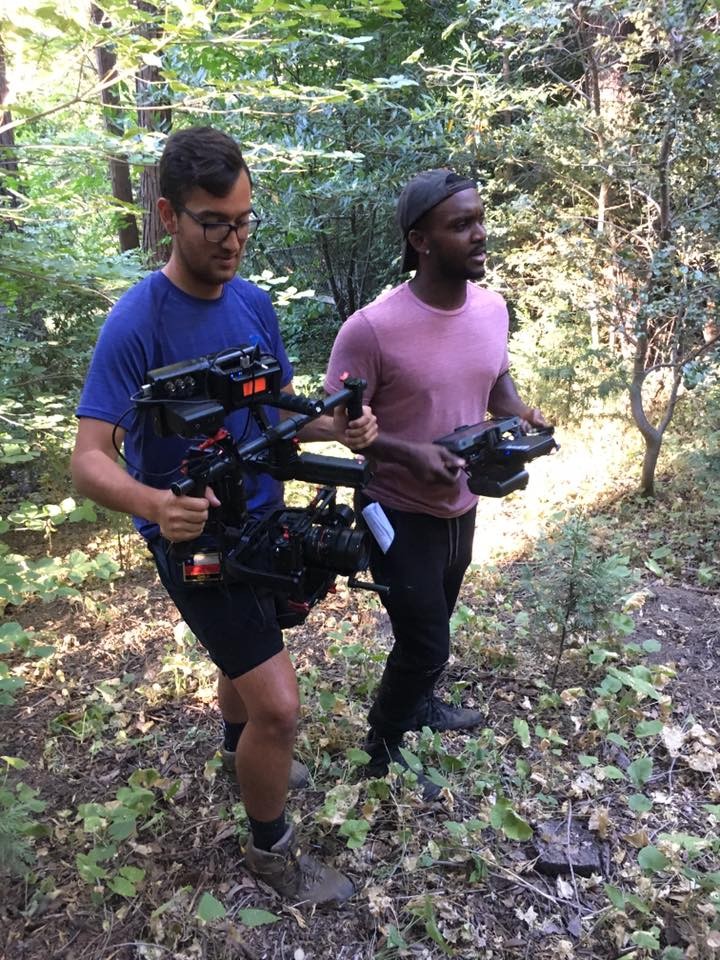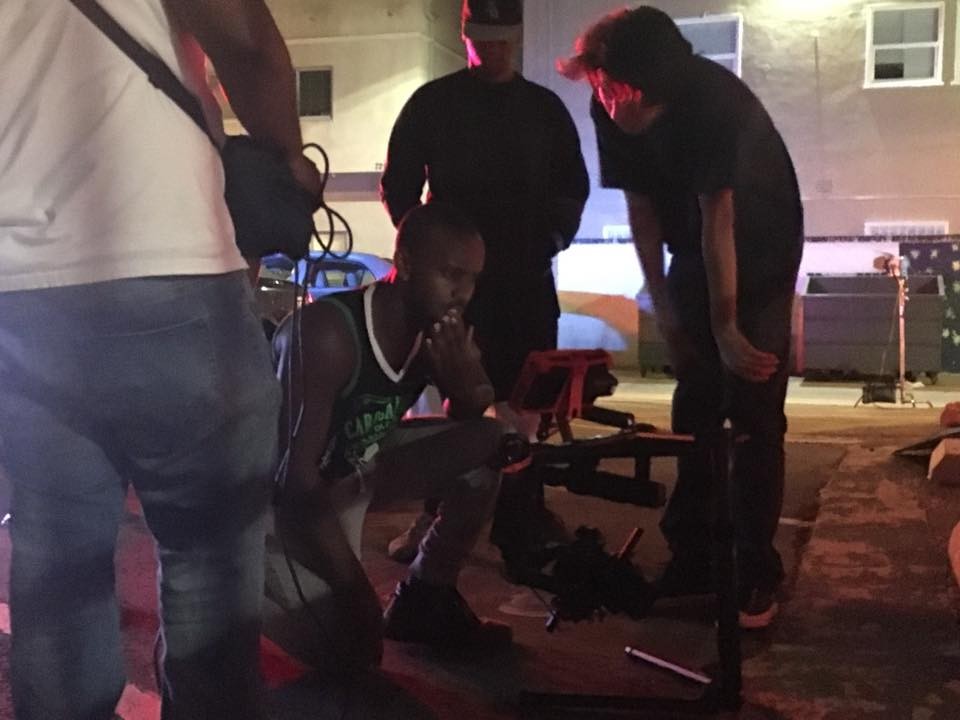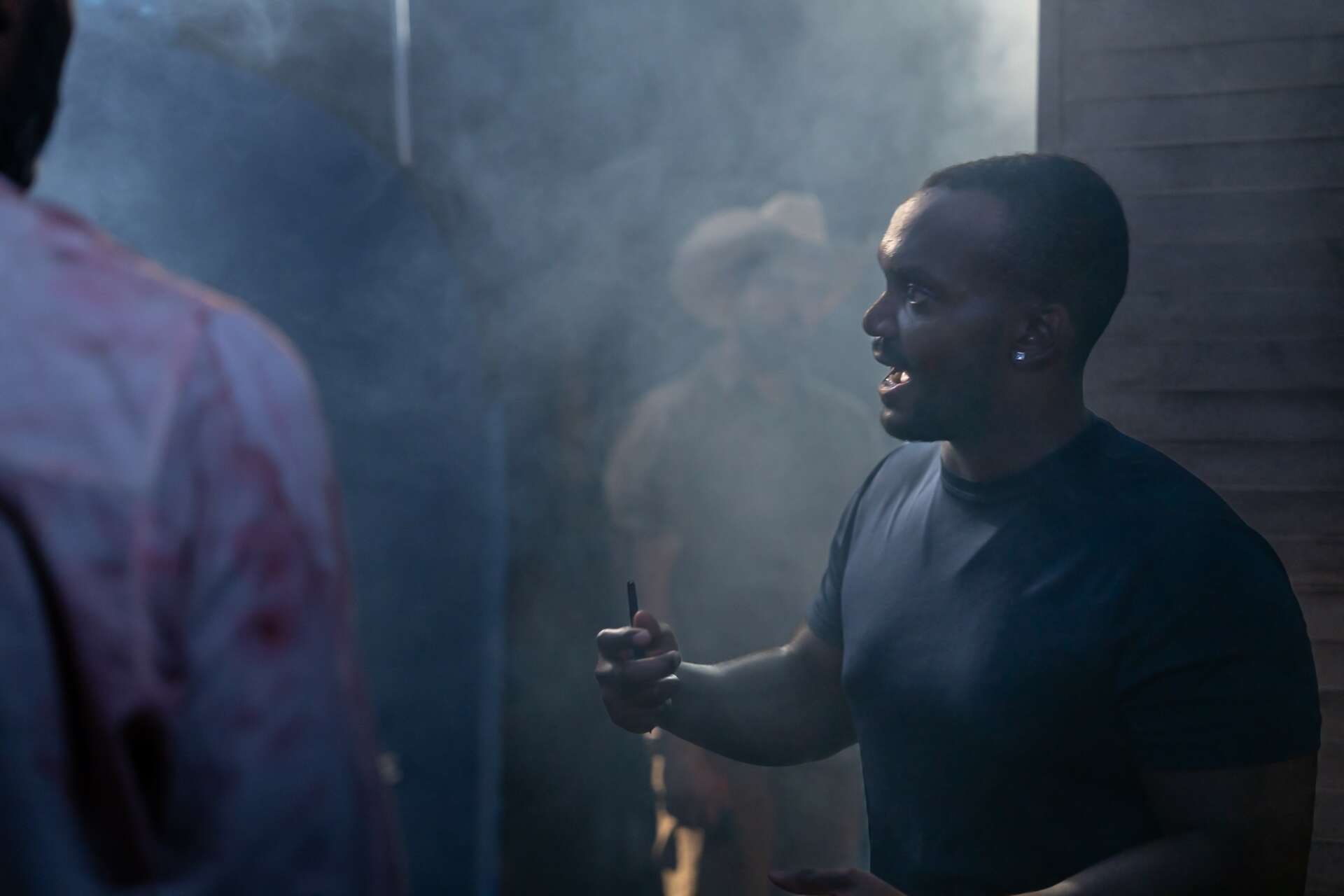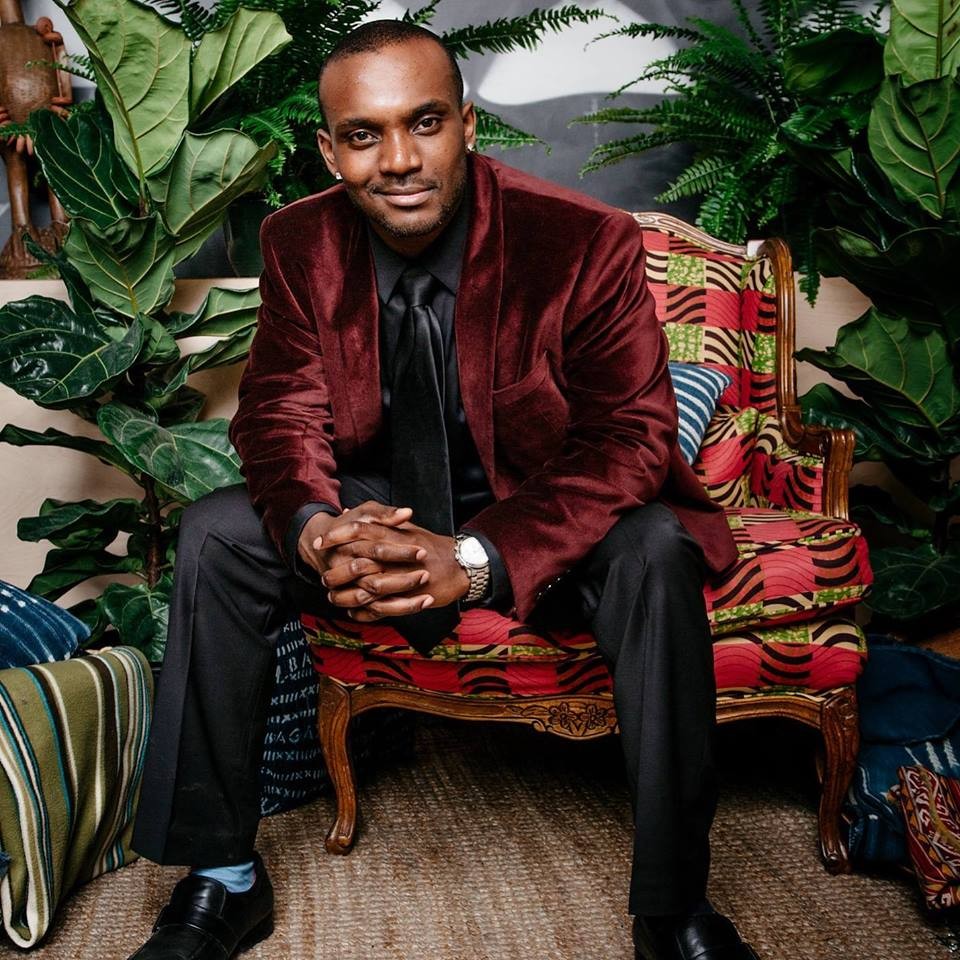Alright – so today we’ve got the honor of introducing you to Yves Beneche. We think you’ll enjoy our conversation, we’ve shared it below.
Yves, thanks for taking the time to share your stories with us today So, let’s start with trends – what are some of the largest or more impactful trends you are seeing in the industry?
My industry is currently going through unprecedented times. My union, the WGA, has just ended a 5 month long strike. Prior to the strike, we were just coming back to some semblance of “normal” after COVID. And prior to COVID, streaming platforms and a record number of content being made also shook up the industry. So as you can see, I have seen quite a lot of shifts within Hollywood during my 8 years living in L.A so far.
One of the biggest trends I see in my industry is the lack of upward mobility. It was common for assistants to work in Writers’ Rooms as Writers’ Assistants, Script Coordinators, etc. and having the opportunity to move up to staff writer positions. The ladder, however, is broken. And it’s been broken for the last few years. Assistants are now staying as assistants for 5-10 years, jumping from show to show in hopes of getting that opportunity to get a staff writing position. But they are remaining stagnant and getting stuck as assistants for way too long.
I think this trend of keeping assistants as assistants is quite upsetting. I worked as an assistant for 4 years, and never got the opportunity to move up on any of my shows. This idea of “just being happy to have a job” was something that bosses in this industry told assistants, and themselves, as a way to keep assistants in the same positions for years.
As a result, I told myself I would not work another assistant job again. I started my own production company, wrote and directed another short film, and have been freelancing ever since. I am still writing in hopes of getting staffed, however I am not solely depending on that for my career.

As always, we appreciate you sharing your insights and we’ve got a few more questions for you, but before we get to all of that can you take a minute to introduce yourself and give our readers some of your back background and context?
I started my career as a child actor. I was born and raised on Long Island to Haitian immigrant parents, and I spent a lot of time watching reruns of Norman Lear’s socially relevant sitcoms, and daytime soap operas, with my grandma. Soaps are how his grandma learned English, and how I learned about television. This inspired me to work in entertainment from a young age, and I wanted to be on TV. After convincing my strict Haitian parents to let me become an actor, I had memorable roles in National Treasure, Law and Order, and on the soap As the World Turns. My time as an actor helped me realize my true calling. And that was storytelling from behind the camera.
After receiving my MFA in Film and TV Production from the University of Southern California, I worked as a Director’s Assistant to Pete Chatmon on Blackish and Grownish. My most recent credits include writing an episode of Ava Duvernay’s Queen Sugar. I also worked as a Writers’ Assistant on CBS’ The Equalizer starring Queen Latifah and Hulu’s UnPrisoned starring Kerry Washington. In addition to my work in television, I have written, directed, and produced award winning short films that have screened at various film festivals across the country. I am passionate about writing stories with honest portrayals of the Black experience, particularly the immigrant experience. Most of my work focuses on grounded narratives with character driven stories and family dysfunction. I mostly recently started my own production company, called “Why Be Creative”, where I am developing my first feature.

For you, what’s the most rewarding aspect of being a creative?
The most rewarding aspect of being a creative is being able to express myself visually. My work as a writer and director always taps into my thoughts and feelings about the world, human nature, politics, and myself. As the son of immigrants, as a New Yorker, and as a Black man, I always had drive to succeed and excel, mostly because I am always told that I can’t. And being a creative allows me the freedom and opportunity to not only succeed, but to do it in a way that makes me feel comfortable, and that is through telling stories.

Is there mission driving your creative journey?
My goal is to write and direct for television. While I continue to slowly move up the ladder towards that goal, gatekeepers in Hollywood continue to tell me that I can’t do it, that I have to be patient, etc. And being told I can’t, and being told to just be patient, is what drives my creative journey. I refuse to let people dictate to me when and how I can achieve my goal of writing and directing for television. It’s the adversity that keeps me going.
Contact Info:
- Instagram: instagram.com/yvesbeneche
- Linkedin: https://www.linkedin.com/in/yves-beneche-19726b62/
- Youtube: https://www.youtube.com/watch?v=34dAvoWbR1E


